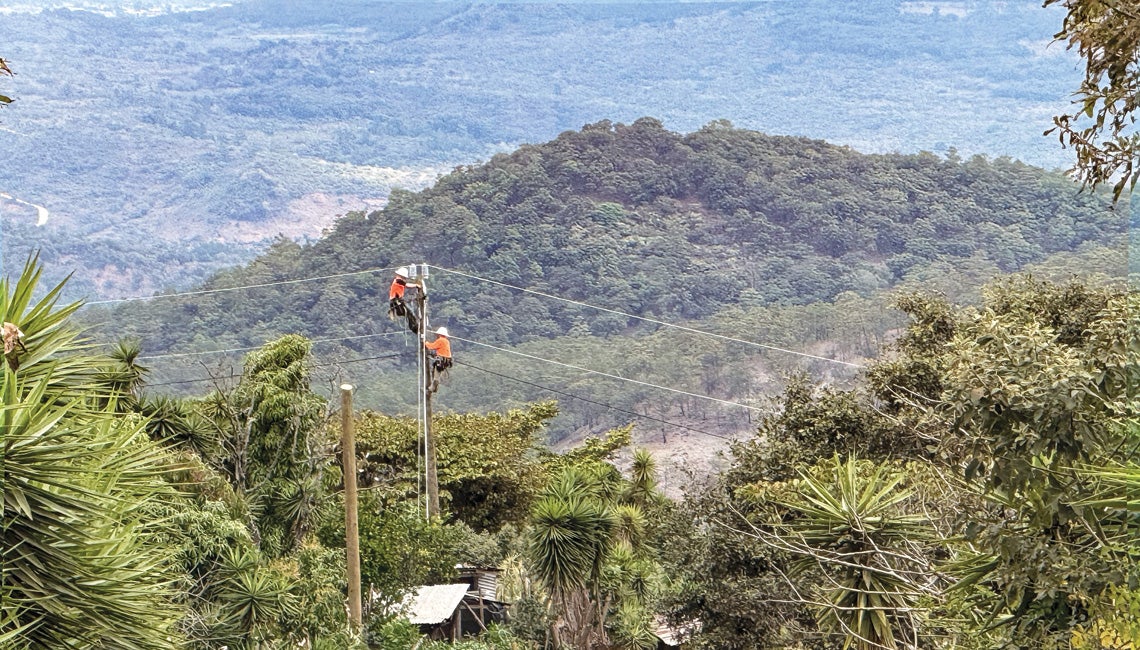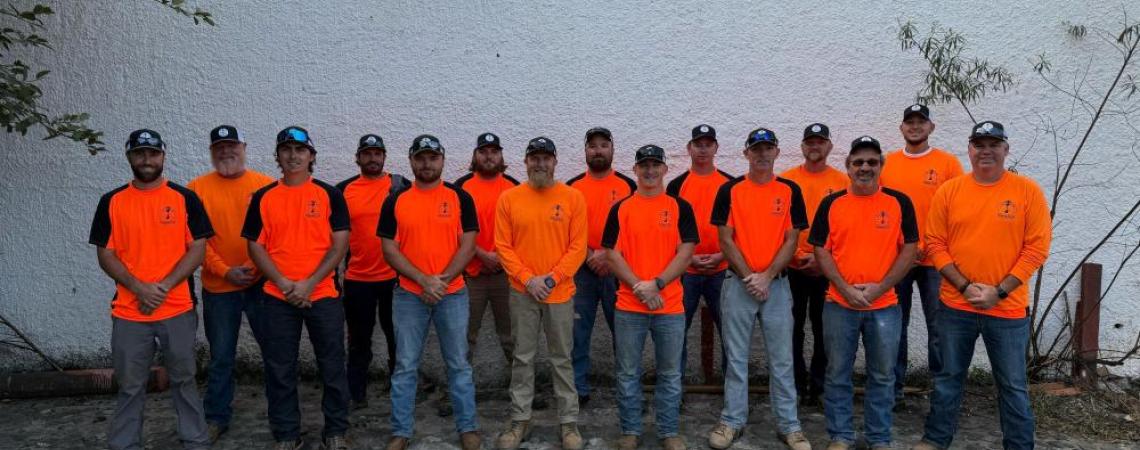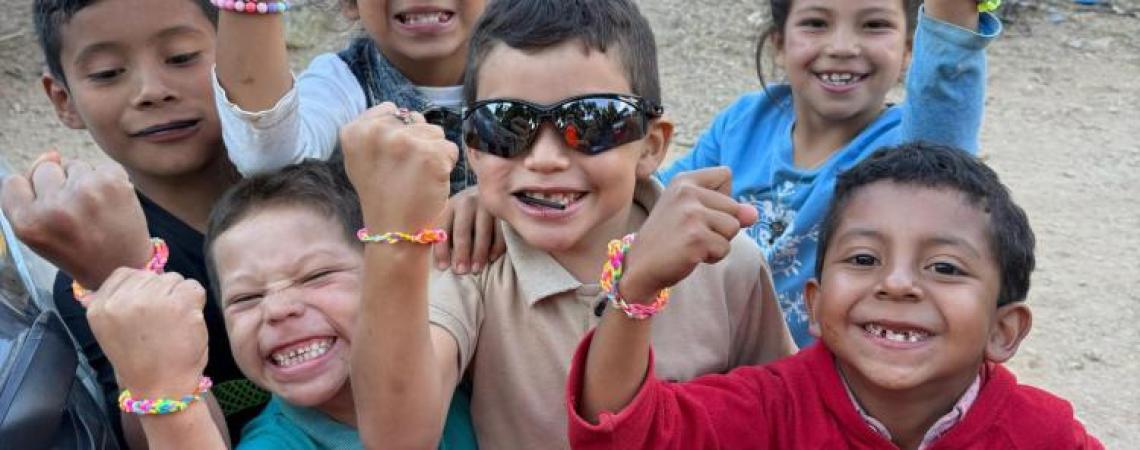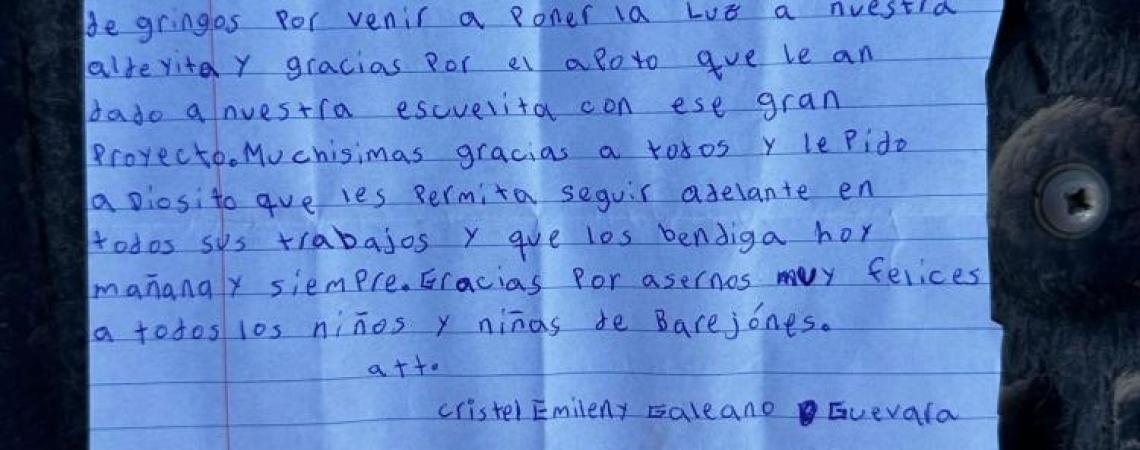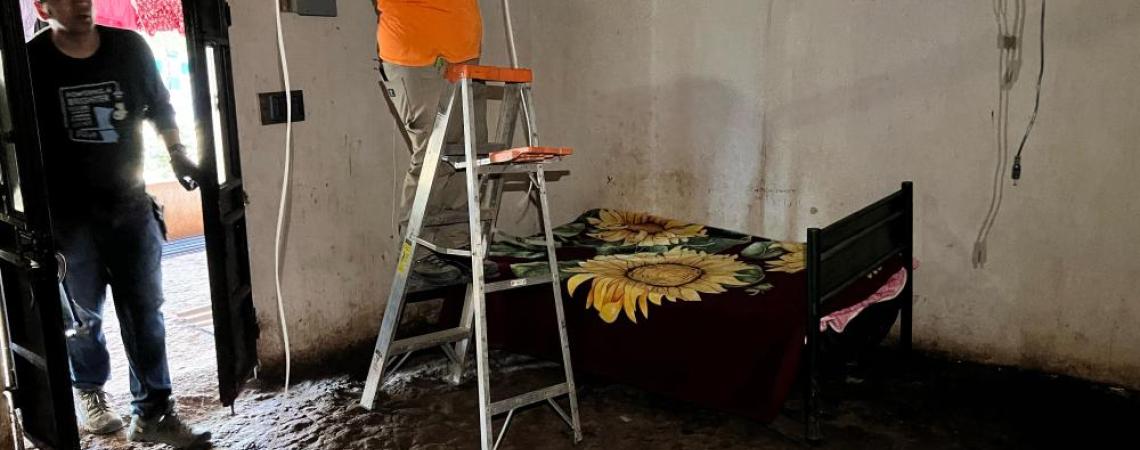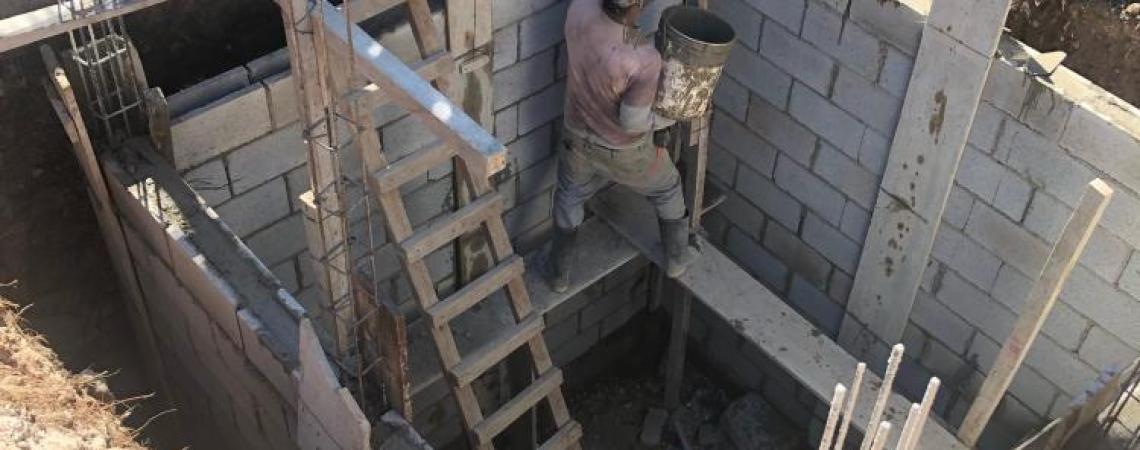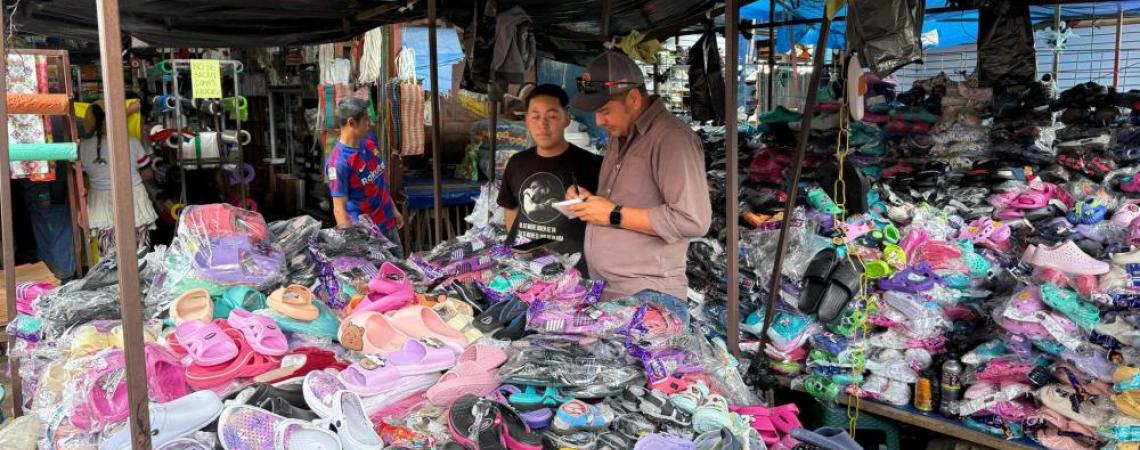It takes a certain mindset to be a lineworker. Those in the profession must be fearless yet completely committed to safety; procedure-followers who are also able to adapt and problem-solve; individuals with a work ethic that makes it unthinkable to leave a job undone.
So when a crew of 15 Ohio electric cooperative linemen boarded a plane to come home from Guatemala after a 17-day mission to electrify the remote village of Barejones in January, there certainly were some heavy hearts. They had performed an extraordinary amount of work in that short amount of time — they ran five miles of primary and secondary line; extended service wire and added meters to all of the village’s 93 homes, two churches, and two elementary schools; wired the 60 remaining unwired homes (crews from Oklahoma had completed the first stage of the project in October), including needed boxes, receptacles, lights, and switches in each home; and for good measure, installed 15 streetlights around the village.
“You couldn’t ask for a better team to do this work,” says Kyle Hoffman, chief operations officer at Lorain-Medina Rural Electric Cooperative and North Central Electric Cooperative, who led the team on-site. “Everyone had a job to do. They just put their heads down and got at it, and they accomplished an incredible amount of work.”
The 15 lineworkers from 10 electric cooperatives who powered Project Ohio 2025: Taylor Harris, Bradley Plummer, Jake McIntosh, Curtis Schmidt, Wesley Yors, Nick Buxbaum, Cody Leitner, David Overman, Max Noll, Joel Miller, Mike Isaacs, Clint Patterson, Rob Weber, Robert Shepherd, and Kyle Hoffman.
There was just one problem. Because of political red tape, the crew had to leave before they were able to “flip the switch” and energize the lines.
Ohio’s cooperatives have sent line crews to Guatemala four times since 2016, each on a mission to bring electricity to places where previously there was none. The celebrations in La Soledad in 2016 and Las Tortugas in 2018 when lights came on for the first time are scenes none who were there will ever forget.
But in 2020, one day before the Ohio group was ready to energize their work in Tiera Blanca Sebol, they had to drop everything and scramble to make it out of the country as Guatemala shut its borders because of COVID-19. Then the trip that had been planned for 2022 had to be canceled because of the remaining uncertainty about the pandemic.
So this group left Ohio with an extra bit of resolve. “I wanted to be able to take the skills that I’ve learned in my job, which gives us something that we take for granted here in the United States,” says David Overman, who works for Pioneer Electric Cooperative in Piqua, “and share it with people to make an everlasting impact on their lives and their kids’ lives.”
They all were more than a little disappointed when they realized the village still would not have electricity when they left.
The thing was, it wasn’t JUST about electricity. People in Barejones live in extreme poverty conditions without running water, plumbing, or food refrigeration. Many of the homes are rustic four-walled huts with dirt floors. The villagers depend on farming for their livelihood, and even the children there do grueling work picking coffee beans for about $10 per day during the three-month harvest season.
“We actually had two goals, and obviously, power was No. 1,” Hoffman says. “No. 2 was to do everything we could to change their everyday lives for the better, give them an easier life once we leave.”
So at the same time they were doing the sometimes backbreaking, sometimes menial and mundane work required to build an entirely new electrical system to power the village, they were doing other work as well.
At the school, the crews built a fence at the edge of the playground to keep children from falling over the nearby cliff. They put in a security gate to keep people from breaking in and stealing the new televisions and computers they had purchased. In addition, they negotiated to have the school’s old, inadequate septic system replaced, then kept tabs on the contractors hired to build it.
And on the last day, when they had hoped to turn on the lights, they gave away clothes and shoes of all sizes, handed out countless toothbrushes and other personal hygiene items, and distributed a water filtration system to every home in the village — all funded by donations from co-op members, employees, and trustees back home.
“It was bothering a lot of us not being able to turn the lights on,” says Wesley Yors, a lineworker at South Central Power Company in Lancaster. “But on that last day, when we were giving out the water filters and the shoes and toothbrushes and clothes and just watching the kids playing and seeing everyone so happy, it really made us realize that not everything that we stress about is that big of a deal to them.”
“We were told that these people had been waiting to get power for 25 years, and they’ve been told over and over it’s on its way only to have it delayed again and again,” Hoffman says. “Now, they can actually see the lines. The meters are at their poles. The wiring is in their houses, and they’ve got bulbs. It was literally light at the end of the tunnel and they were beyond happy.”
